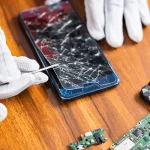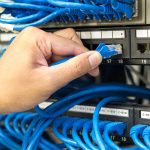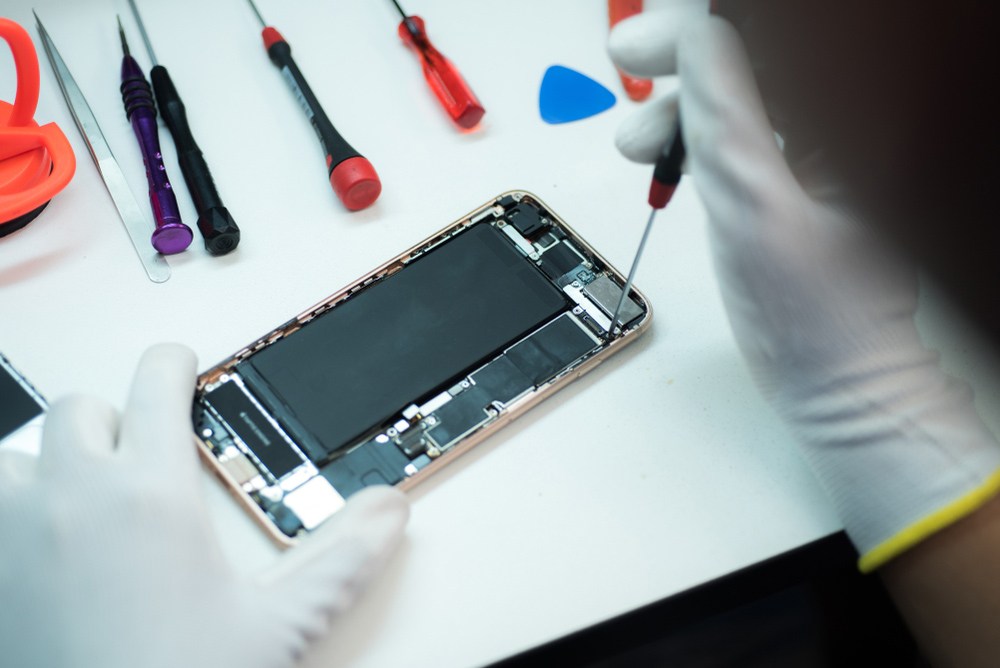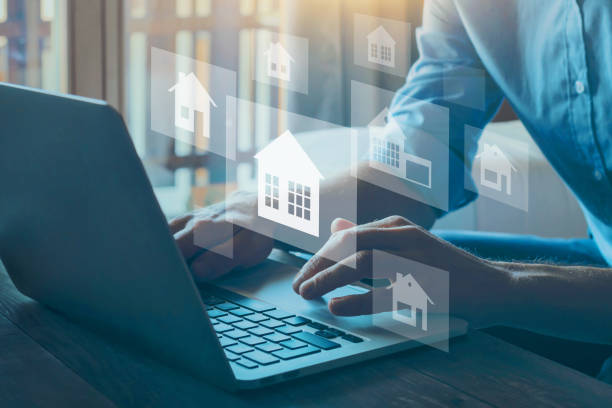A few minutes spent on social media in recent months was enough to make most people aware of the COVID-19 contact tracing software installed on mobile devices. Apple and Google partnered in May 2020 to allow users to determine whether they’d been in contact with someone who self-reported as a potential or confirmed COVID case.
The spirit behind mobile COVID-19 tracking was to allow health officials to monitor the spread of the virus and to allow people to determine their risk and choose appropriate next steps. While the tracking could be seen as an opportunity to make informed decisions, many people felt concerned that their privacy was at risk.
While users had to opt-in and allow their privacy and online safety settings to share information and participate in COVID-19 tracking, many cell phone users panicked, believing that their personal information, location history, and health data were being shared with the public at large.
While personal data and health information were not being shared without permission, the situation begged the question — will Americans be forced to give up online privacy in the name of public health after COVID-19?
A Trade-Off: Safety and Privacy
Some health professionals feel that it can be hard to determine when it makes sense to prioritize safety over privacy. For individuals who are especially susceptible to complications related to COVID-19, tracing information could be life-saving.
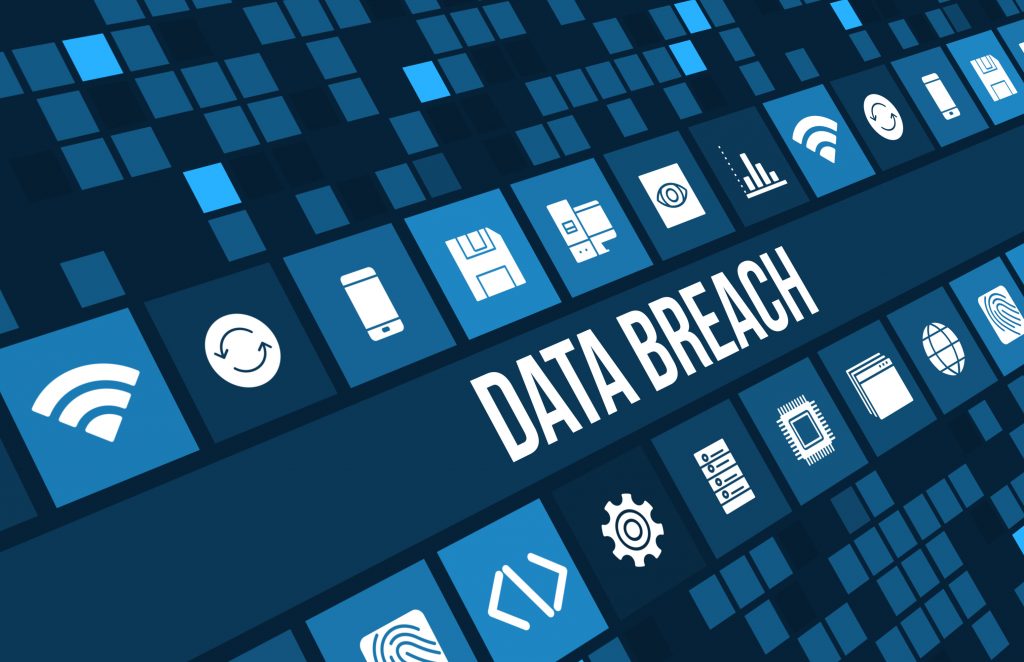
Of deciding whether it makes sense to use private data to inform public advisories, Stanford University law professor Michello Mello says, “There are times that not using the information that we have is morally hard to defend, and I think this is one of them.”
When it comes to discussing the pros and cons of online privacy, most people agree that privacy is a good thing. In this case, however, failing to utilize private health information and data could result in an even more extreme public health crisis.
Since mobile contact tracing is completely voluntary, cell phone users who choose to opt-in must be given a clear explanation of what data will be collected, who will see the data, and how it will be used.
A Health-Related Data Breach: Is It Likely?
Data breaches happen regularly, in nearly every industry that has an online presence. Often, data breaches result in annoyances for those affected: the need to change passwords, or potentially cancel and request a new credit card. Sometimes, data breaches can have far longer-reaching effects on an individual, disparaging a credit score or draining a bank account.
The idea of a health-related data breach is fairly new and concerning to many. For people with health conditions they’d rather keep private, it can be especially anxiety-inducing to think that the general public could have access to medical history, medications, and more.
As health-related technologies continue to develop, each user must determine their level of comfort as app and software developers are working to take steps toward preventing a data breach. Users can choose to opt-out of COVID-19 tracking and can continue to monitor health-related tracking and information sharing as the technology continues to develop.





